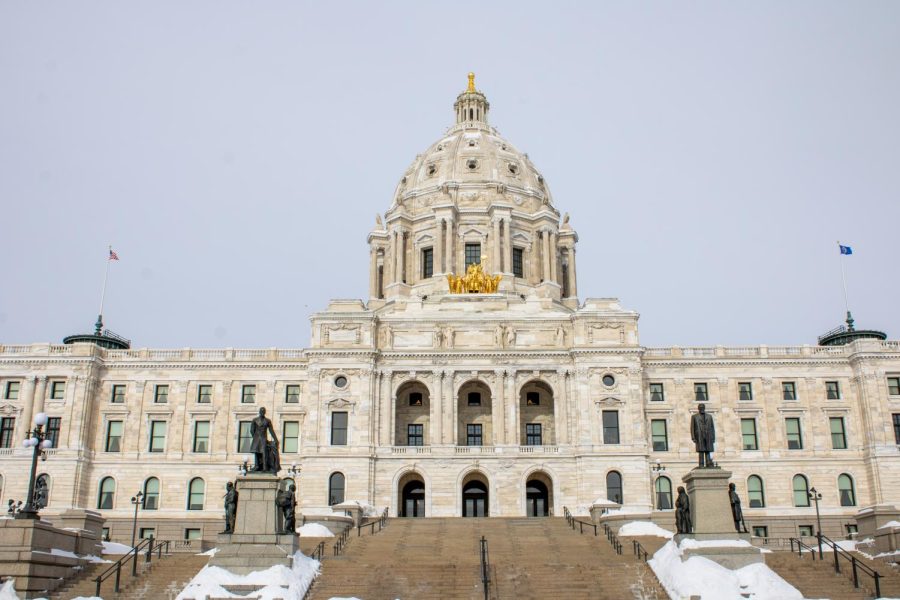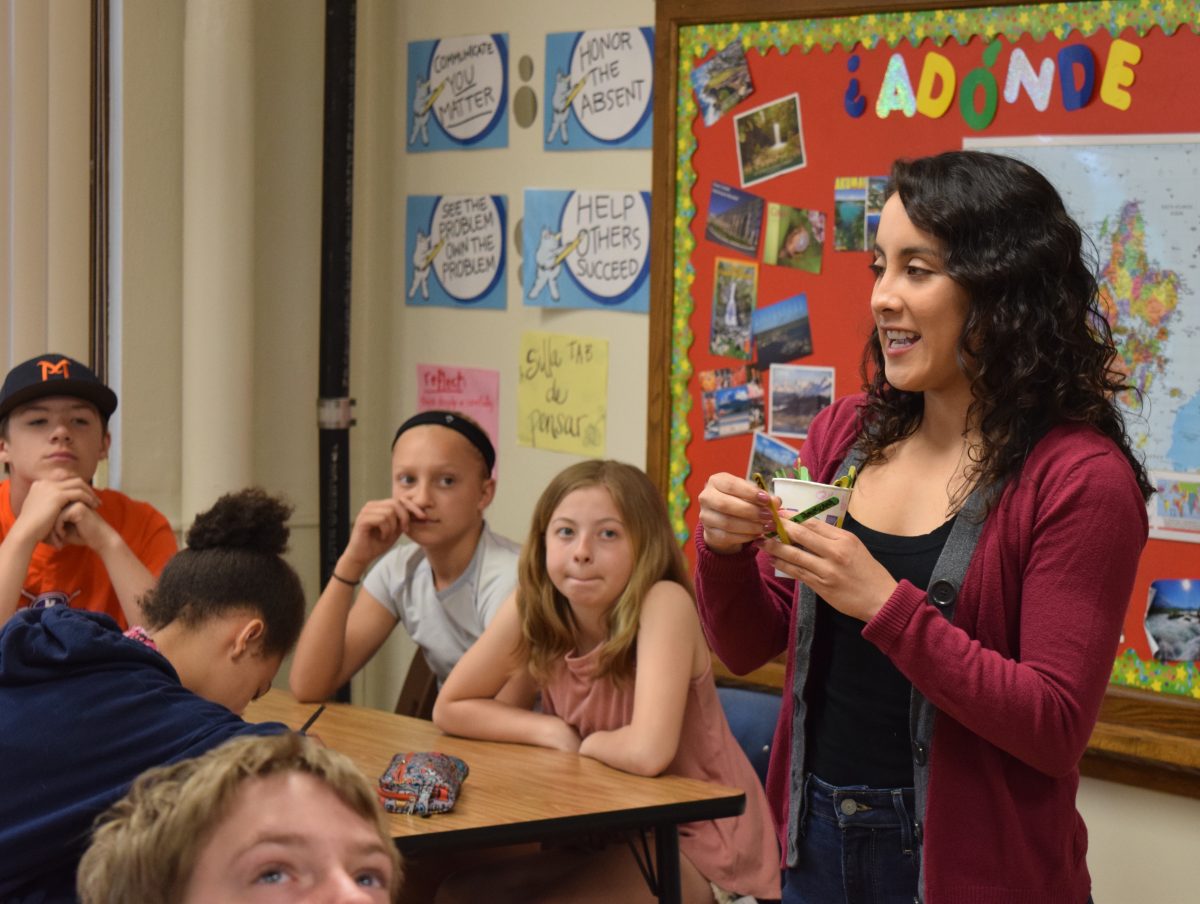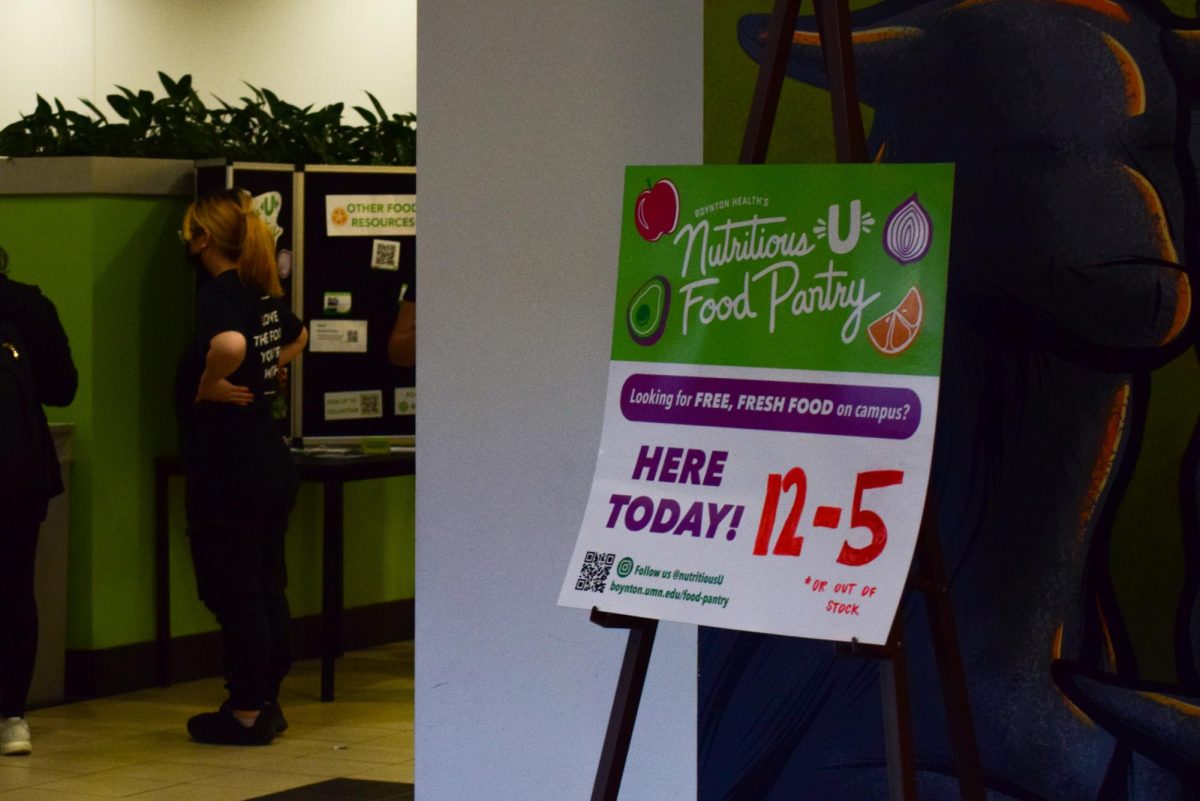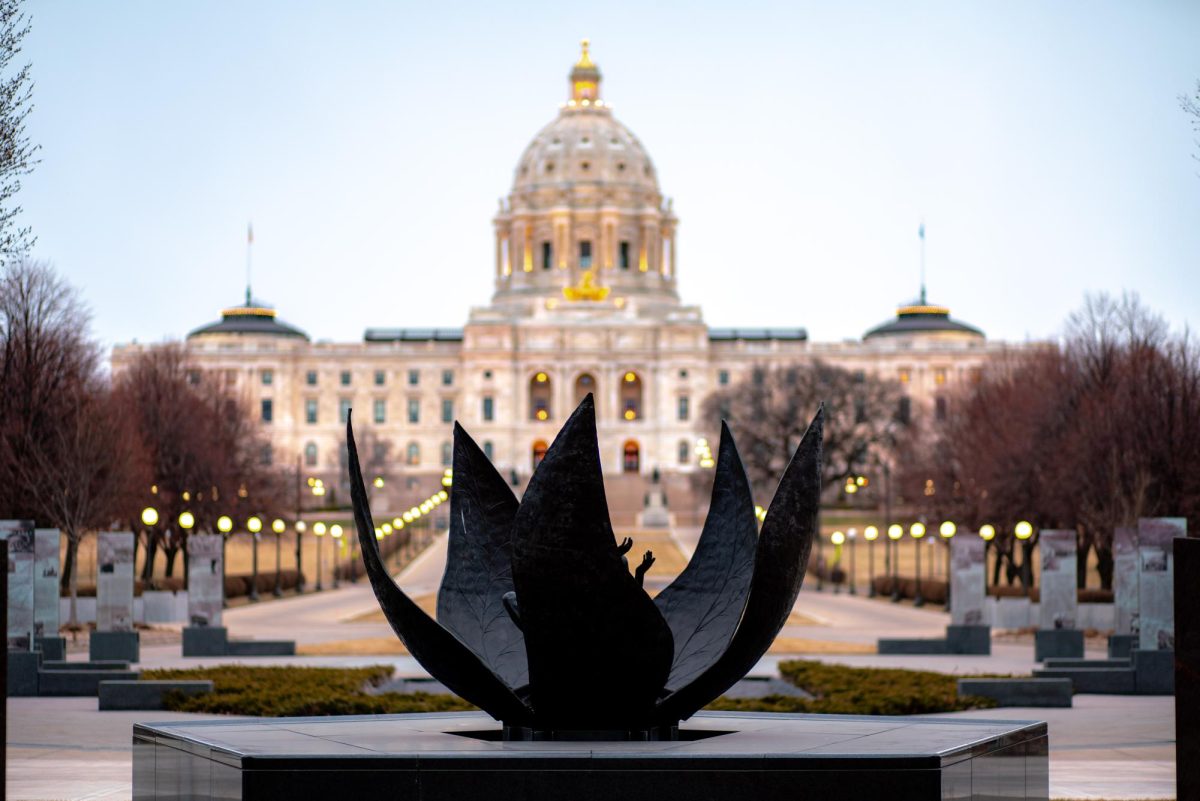With less than a month left in the session, the Minnesota Legislature is looking to turn its last set of bills into laws.
The Democratic-Farmer-Labor (DFL) trifecta-held House, Senate and governorship have passed 31 laws so far, which is more than the total of any previous session at this time over the past decade.
Of the 31 bills passed, only three passed without any bipartisan support. Unless legislators vote to move the end date, the session will end on May 22.
Two-thirds of the last session’s laws passed in the last two weeks in 2022. Given the DFL trifecta and the current pace of the legislature, Minnesotans should expect more legislation.
LGBTQ+ and abortion legislation
Some of the most divisive legislative issues have been abortion and LGBTQ+ rights bills.
South Dakota, Iowa, Missouri and 13 other states have banned gender-affirming care for minors, and 17 other states have active bills that would do so. Many of these bills would punish parents for providing gender-affirming care to their children.
To fight against those laws, the Senate passed the Trans Refuge bill on April 21. Courts would ignore out-of-state orders to strip children from parents providing them gender-affirming care.
A ban on conversion therapy passed in the Senate on the same day and was enacted Thursday after a signature from Gov. Tim Walz.
Co-author of the bill Sen. Scott Dibble (DFL-Minneapolis) said conversion therapy is inhumane and harmful to the LGBTQ+ community.
“By banning [conversion therapy], we show LGBTQ+ Minnesotans that they are loved and valued,” Dibble said in a statement.
Following the overturn of Roe v. Wade, states quickly enacted laws to protect, ban or limit abortion rights.
The Protect Reproductive Options Act passed on Feb. 1 and enshrined the right to abortion in the Minnesota constitution. The bill did not receive bipartisan support.
Election Laws
Allowing minors to pre-register to vote, requiring voting materials in multiple languages and strengthening punishments for voter intimidation are all in the Democracy for the People Act. The bill passed both the House and Senate and is awaiting a signature from Walz.
According to co-author of the bill Sen. Liz Boldon (DFL-Rochester), the act will protect and improve Minnesota’s elections.
The bill allows 16- and 17-year-olds to pre-register to vote, automatic registration by acquiring a driver’s license or MNsure enrollment plan and increases penalties for voter intimidation and the intentional spread of misinformation.
The bill also gives all registered voters two “Democracy Dollar Coupons” per election, each worth $25, to donate to a political candidate, campaign or party. Legislators hope the coupons will increase voter participation in elections.
“This is a great day for the people of Minnesota,” Boldon said in a statement. “The Democracy for the People Act protects and expands voting rights, strengthens our elections, and increases the transparency of money in politics.”
A bill to expand ranked-choice voting (RCV) to federal and state elections stalled in the Elections Committee. However, the committee’s finance omnibus bill would create a task force to study the implementation of RCV, which was in the original bill.
The Election Committee’s policy omnibus bill would add Minnesota to the National Popular Vote Interstate Compact (NPVIC), which changes the vote for president from the electoral college to a national popular vote.
Minnesota joins 11 other states with NPVIC legislation pending. Fifteen states and Washington D.C. have already joined. The compact needs 75 electoral votes before it reaches a majority and is enacted.
Once a majority of electoral college states sign on, those states would award their electoral votes to the candidate with the most votes nationwide.
Minnesota also joined 22 other states on Feb. 21 by restoring an ex-felon’s right to vote following their incarceration.
Sen. Gary Dahms (R-Redwood Falls) said voting rights should only be restored following parole.
“Voting is a privilege,” Dahms said. “It is not fair to law-abiding Minnesota voters to restore voting rights to convicted felons until they fulfill all requirements of their sentencing.”
More impactful legislation
After hemp-derived THC edibles and drinks were legalized last session, a bill to expand cannabis legalization to all Minnesotans ages 21 and older gained momentum. Following a successful vote in the House and the Senate, the bill only needs a signature from the governor before becoming law.
Passed in February, the Driver’s Licenses for All bill allows people to obtain a driver’s license regardless of immigration status. Sen. Tou Xiong (DFL-Maplewood) said the bill provides equal access to the roads by giving everyone the chance to get a driver’s license.
“Undocumented residents who live, work, and raise families among us deserve the opportunity to use our roads legally and safely,” Xiong said in a statement.
Walz praised the Universal Free School Meals bill as a step forward in education in his State of the State Address. Co-author of the bill Sen. Erin Maye Quade (DFL-Apple Valley) said this bill will be an important step in ending childhood hunger.
“No child should go hungry at school, and no family should have to worry about how they’ll pay their student’s lunch debt,” Maye Quade said in a statement.














